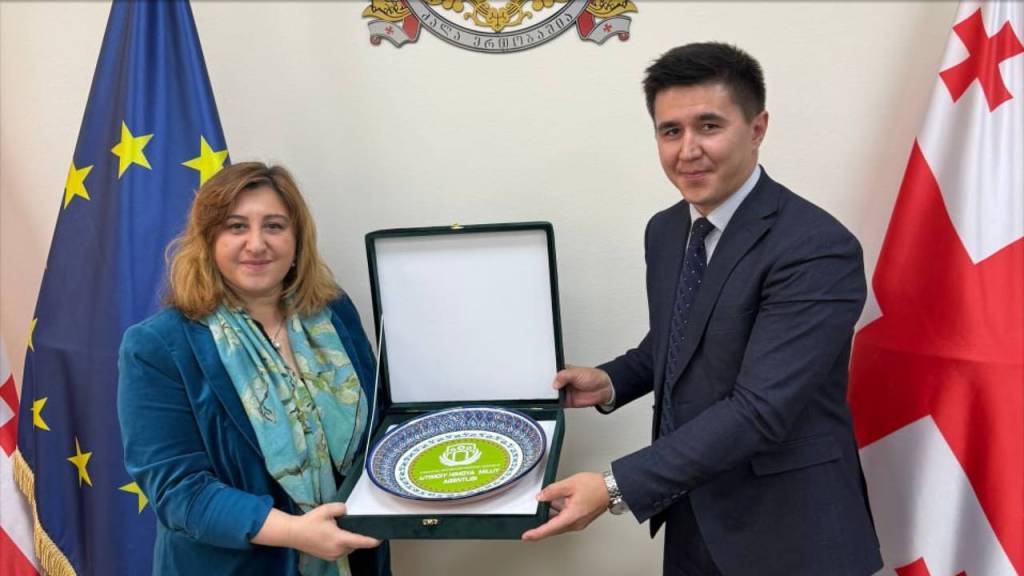
Uzbekistan is consistently working to support its citizens, improve living conditions, and expand opportunities based on the “Uzbekistan – a social state” principle.
A delegation from the National Agency for Social Protection visited Georgia to study effective models for supporting vulnerable populations. During the visit, meetings were held with representatives of ministries and leading organizations in social protection, where mechanisms for service provision, financing, and monitoring of social programs were reviewed.

During the visit, the delegation met with officials from Georgia’s Ministry of Labor, Health, and Social Protection. Discussions focused on voucher-based financing, which covers more than 50 types of social services, as well as the policy of deinstitutionalization aimed at reforming boarding schools and orphanages.

The delegation got acquainted with the financing system for residential care services, home care, and personal assistant support based on a voucher system. Additionally, they studied the activities of organizations involved in training nurses and caregivers.
Georgia’s experience in transitioning from large residential institutions to small-scale children’s homes, designed to create conditions as close as possible to a family environment, was also examined. This approach promotes the social integration of people with disabilities and represents an important step in reforming the social protection system.
Muhayyo Toshqorayeva, UzA








